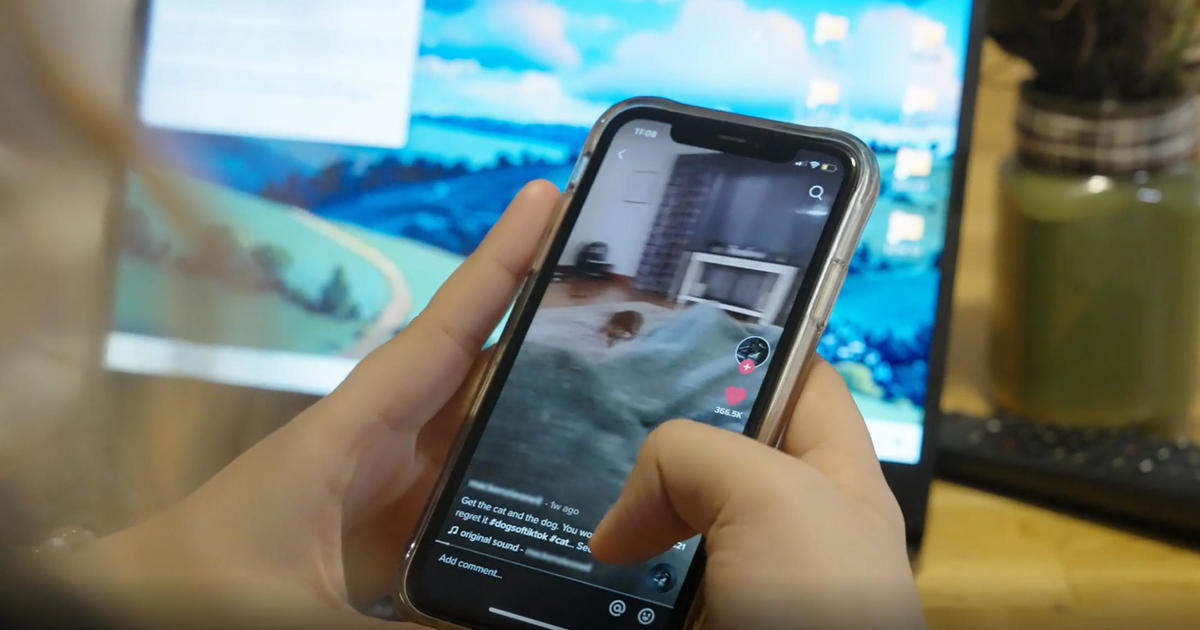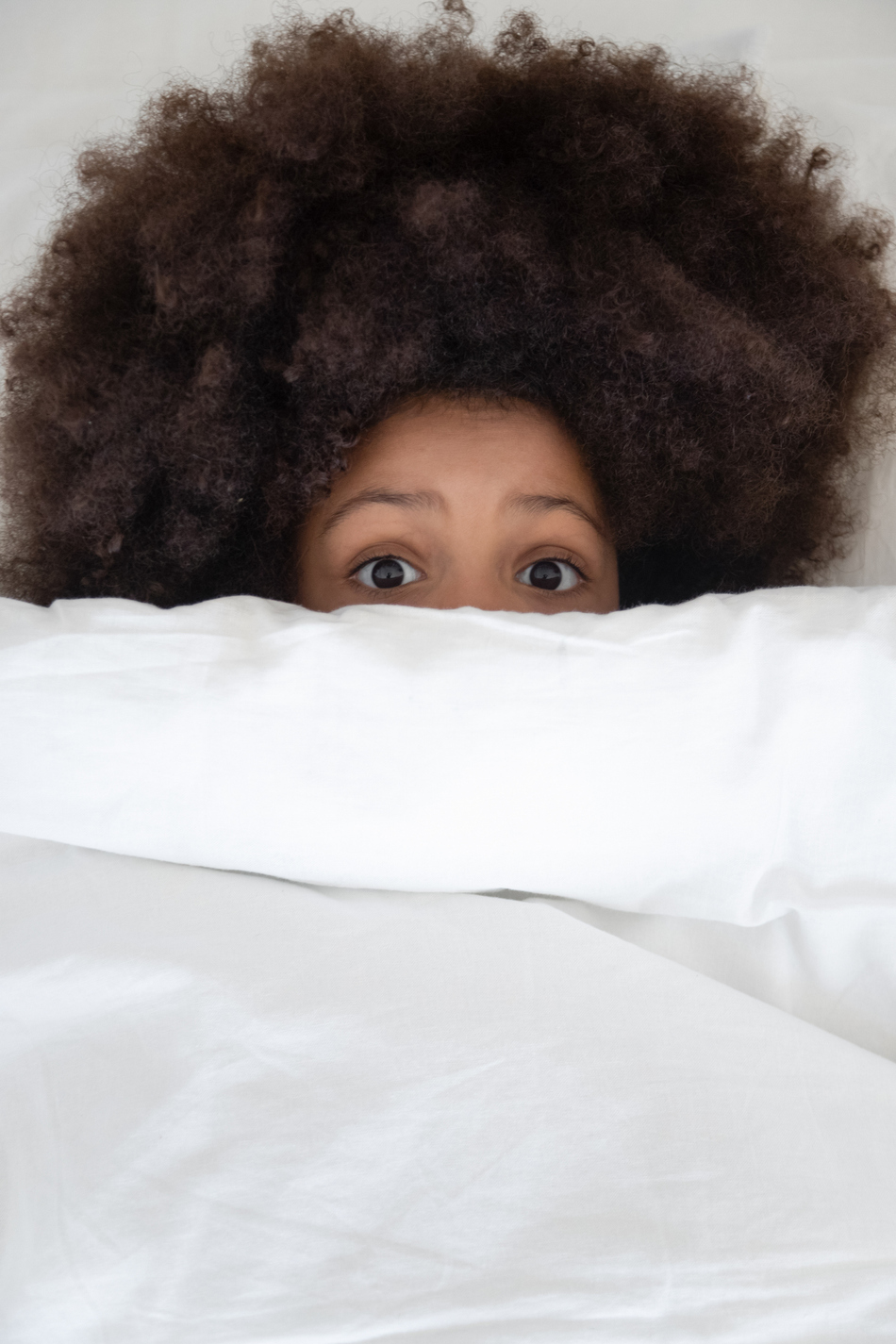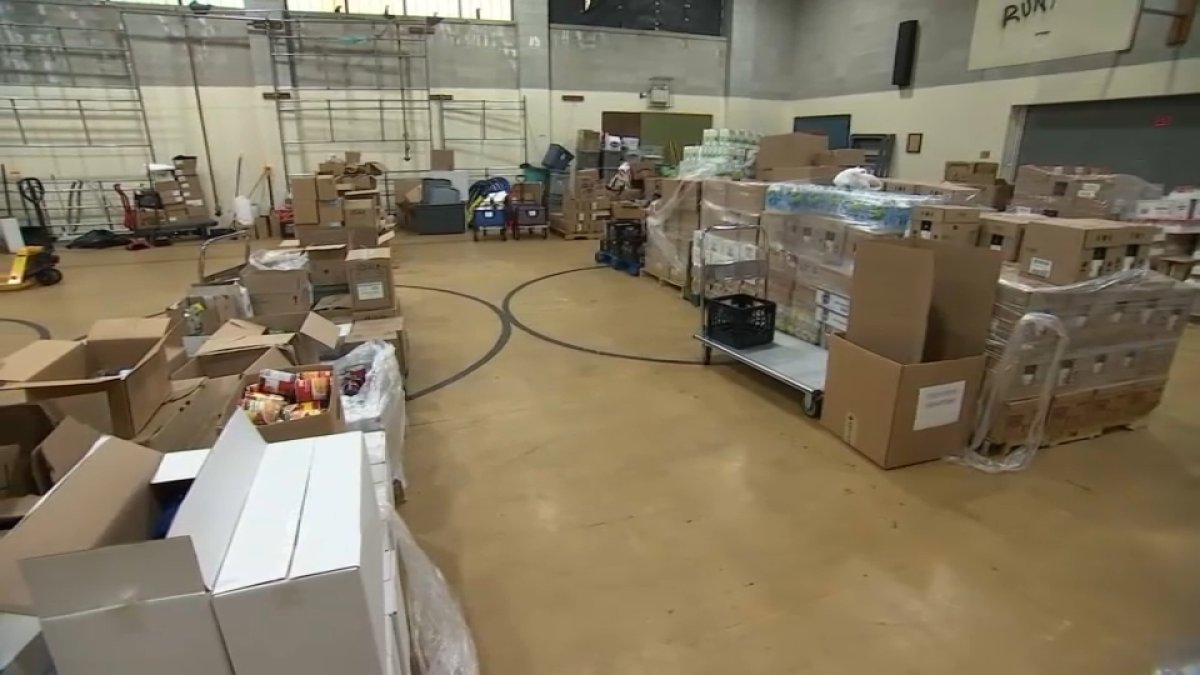
This story contains discussions of suicide. If you or somebody you know is in crisis, you can get assistance from the Suicide and Crisis lifeline by calling or texting 988.
It can be a relatable emotion. You’re emotion unwell, have many signs or symptoms, and you determine to Google what may possibly ail you. Occasionally doom requires hold and you self-diagnose with the worst-case circumstance. But it is not just bodily illnesses. CBS News observed that as the psychological well being crisis amid American teens deepens, they find out alternative forms of support and data. Progressively youthful men and women switch to social media platforms like TikTok and diagnose them selves with critical psychological wellness troubles.
With skilled therapists expensive and significantly difficult to obtain lots of youthful individuals lookup for solutions on social media platforms where the answers are plentiful and free of charge but not necessarily correct.
According to a modern Pew Exploration survey, 1 in 6 Gen Zers use TikTok as a lookup engine — a spot not only to enjoy dance videos and lip synching, but to come across chunk-sized chunks of informational written content.
“If I am seeking to determine out how to do a little something, I experience like it can be a lot easier to go on TikTok,” reported Alexis Diomino, a third-calendar year psychology scholar.
Study additional: Within America’s youth psychological wellness crisis
It is not just a research motor. It truly is a put to give assistance, share inner thoughts and experiences and communicate about critical mental overall health conditions.
“Social media therapy”
At an early age, 19-12 months-aged Samantha Fridley was identified with panic and depression. By the time she was in fifth quality she began owning suicidal feelings. Even with therapy her struggles with stress and thoughts about self-harm designed her come to feel by itself.
“I felt like there was no one particular that could support me. And I felt mainly because I experienced been as a result of so significantly that there is just no remedy for me,” explained Fridley. “I started seeking for other folks by means of social media. Then I appeared via Instagram — any social media I could. And then Tik Tok.”
It was on TikTok that Fridley mentioned she started hunting for mental health and fitness advocacy and motivation. It is not uncommon. On TikTok the hashtag “mental health” has been searched far more than 67 billion periods.
The phenomenon now attaining traction is referred to as social media treatment.
“What they are undertaking is they are heading into the interactive media space to soothe them selves, to make by themselves experience better, to make them selves the grasp of that ecosystem when they really don’t truly feel that they have mastered the ecosystem of the outside the house world,” said Dr. Michael Wealthy, director of the Digital Wellness Lab at Boston Kid’s Medical center.
“There is a demand from customers that’s being filled by individuals now. The issue truly is, is how properly and how properly is it remaining stuffed?”
Professionals like Loaded say that open up conversation about mental wellbeing can deliver assistance and decrease stigma. But there are problems that turning to social media influencers as de facto therapists is risky.
“I assume that we need to have to fully grasp why folks are coming to these influencers for assistance. But we also have to have some kind of high quality regulate,” stated Loaded. “Unfortunately, when these young people, commonly young individuals, are untrained and with the best of intentions, are seeking to be there for their friends, they are, initial of all, not able to essentially detect how much distress a person is in or how much how close a person is to actually harming by themselves. And so, I feel you will find a actual concern listed here of the desire far outstripping the need.”
The algorithm feeding frenzy
Fridley claims her look for for mental wellness relevant articles led her down a perilous rabbit gap. She was currently looking at a therapist for her diagnosed stress and melancholy but began watching a great number of video clips of influencers sharing thoughts on major mental well being conditions — and suggests TikTok flooded her feed with hundreds far more.
“As you glance through TikTok and as the algorithm strengthens, it turned into diagnosis and turned into other matters like ADHD and borderline individuality disorder and extra despair and stress,” mentioned Fridley.
The content showing in her “For You” feed was the final result of TikTok’s one of a kind algorithm which sends recommended films centered on what you’ve got searched, shared or favored. Fridley states staying bombarded with obscure signs and symptoms of different psychological disorders led to her diagnosing herself.
“It just obtained to a stage where by I was shedding slumber due to the fact of it. I would be up till like 3 a.m. on TikTok, just like studying,” she said. But Fridley was hardly ever professionally diagnosed with any of these issues.
In an e-mail to CBS News TikTok said the “For You” feed “…reflects tastes exclusive to each and every person. The system recommends content material by ranking films dependent on a blend of aspects, together with films you like or share, accounts you abide by, remarks you post, and information you generate.”
TikTok informed CBS News it began testing strategies to stay clear of recommending a sequence of very similar written content on subjects to users and is examining to see if their system inadvertently feeds a narrower variety of information to its viewers.
But there are fears about what the unintended penalties of providing a regular stream of psychological health and fitness material can direct to — specially, when it is really inaccurate or misinformed.
In 1 the latest study by the Centre for Countering Digital Despise, scientists posed as 13-year-old end users and searched and “liked” psychological overall health movies. They discovered that TikTok pushed potentially harmful content to these consumers on common every single 39 seconds. Some end users gained suggestions for articles about suicide in 2.6 minutes of becoming a member of the app.
“What is actually on the web is a totally free-for-all. There truly is no accountability for this and there is no accountability taken,” stated Wealthy.
In accordance to 1 analysis published in The Canadian Journal of Psychiatry of popular TikTok films about ADHD, 52{d589daddaa72454dba3eae1d85571f5c49413c31a8b21559e51d970df050cb0e} had been considered deceptive.
TikTok wouldn’t agree to an job interview but in a assertion to CBS Information a spokesperson wrote: “We will take out misinformation that leads to major hurt to people today, our neighborhood, or the larger sized public no matter of intent.”
The company also wrote: “We care deeply about the well-staying of our community, which is why we go on to invest in electronic literacy schooling aimed at helping people evaluate and have an understanding of articles they have interaction with on the internet. We strongly motivate people to search for professional medical advice if they are in have to have of assistance.”
Debunking misinformation
“I’ve talked even to people today at TikTok, and I held saying, ‘you know, at some place, I know you only treatment about misinformation if it is COVID, or politics. You never treatment about misinformation, about psychology, but you have to fully grasp this is mental health,'” explained Dr. Inna Kanevsky, a professor of psychology at San Diego Mesa Faculty.
For the very last couple yrs, Kanevsky has been battling psychological misinformation on TikTok, debunking faulty psychological wellbeing facts a single movie at a time.
“You can give individuals tips primarily based on your encounter as very long as you’re crystal clear that that’s wherever you’re coming from,” claimed Kanevsky.
With a million followers and more than 36 million sights, Kanevsy has become a TikTok star and reverse influencer herself. But her candid takes on mental health misinformation is not generally perfectly acquired — especially from all those consumers who come across by themselves on the receiving conclusion of a debunking video.
“If I suitable people… persons get extremely mad at me because they [say] they are just talking about their private experience. They are not accomplishing anyone any damage.”
But Kanevsky says there can be genuine damage which is why she methods in.
“Persons believe all forms of items that are not really true for the reason that someone they discover relatable stated it, and they obtain this individual additional relatable than some professional medical doctor or some Ph.D. with science content. And they want to price the own expertise.”
Social media professionals say that is at the coronary heart of the difficulty.
“There are material creators who are educated doctors, trained clinicians persons functioning in disinformation in this place striving to counter it. But it can be practically like currently being a salmon and swimming upstream,” explained Robin Stevens, an associate professor of communications at the University of Southern California in Los Angeles.
“To see true transform, it seriously does have to occur at the system degree and needs fairly a little bit of material moderation,” she claimed.
Stevens operates the Well being Equity and Media Lab at USC. She usually will work with Black and Latinx youth and studies how they are working with social media to obtain methods to the public well being difficulties they facial area — together with mental sickness.
For most of her occupation, Stevens examined and critiqued social media platforms. But this earlier calendar year she commenced working with Instagram’s Perfectly-being Creator Collective — a pilot plan aimed at influencers and information creators to educate and prepare them on how to create accountable mental wellbeing content material.
Meta, the parent corporation of Facebook and Instagram, just lately held a two-day summit with these material creators in Los Angeles. Stevens is 1 of their professional advisers.
“As they made Reels, we material-analyzed them to see what the level of disinformation was. What was the stage of how substantially the teens reply to it? What was the content material that teenagers were being viewing about and more than?” she stated. “And then we would feed that back again to them to assist them make much better Reels.”
“I was a little skeptical to see what they would seriously be performing. Was this just PR? And I will say that functioning in the Wellness Collective, they essentially had a amazing solution of how to convey extra supportive articles that confirmed they understood how youth use media,” said Stevens.
But right until more information moderation comes about at the system-level how youth use media indicates customers must be informed of the approaches in which their feeds are populated.
Samantha Fridley claims it took a total detox for her to eventually free of charge herself from the grips of mental wellbeing influencers and self-prognosis. She used 56 days in household rehab away from her cellular phone and TikTok. And while she still makes use of the app, the way she takes advantage of it has adjusted considerably. She stopped looking at psychological well being video clips and searched for information that would reset her feed, like K-pop and comedy.
“It can be a fantastic useful resource for humorous video clips,” claimed Fridley. “But it can be not a superior source for diagnosing you. And if you start diagnosing on your own, you’re heading to fall into a spiral that you will genuinely have a really hard time receiving out of.”
Suggestions for teens and mother and father
Each Dr. Kanevsky and Dr. Rich say moms and dads will need to play an lively part in how their little ones are partaking with psychological overall health-relevant social media posts. Dr. Abundant suggests it truly is like a electrical power instrument — making use of it safely and securely ought to be taught.
A few of approaches teens can use if their feeds are flooded with detrimental posts is to check out and reset the algorithm by changing the sorts of movies they watch, like and comment on. Looking at beneficial posts can assistance displace the damaging information. They can even delete their accounts and start from scratch.
TikTok, Snapchat, YouTube and Meta are named in a federal lawsuit joined by family members about the country claiming the platforms’ algorithms have caused depression, ingesting diseases and suicide in youthful folks. Statements from Snapchat, YouTube operator Google and Meta to CBS News can be found below.





